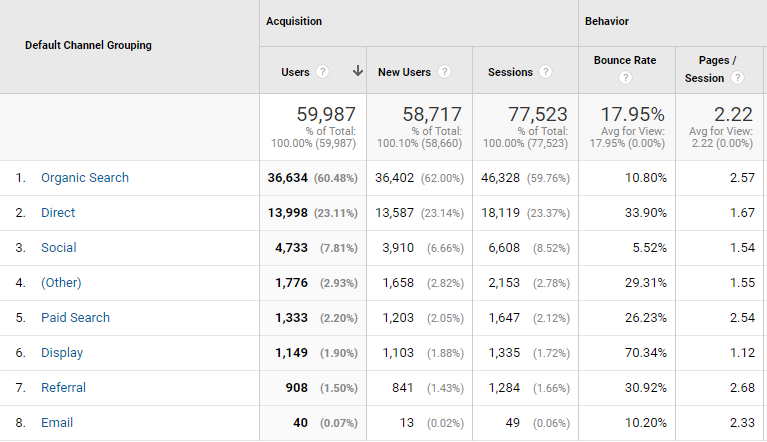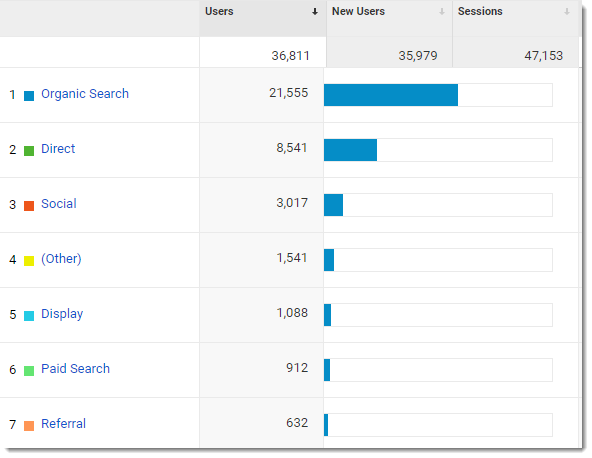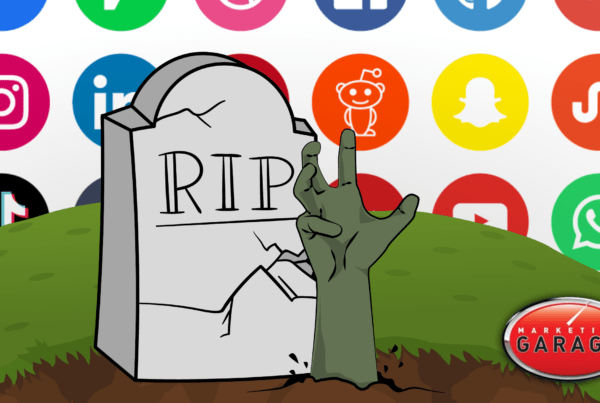
As digital marketing consultants, we are occasionally asked to audit the reports of other marketing agencies or experts. Every marketing agency has its own reporting style, but many seem to fall into similar traps which tend to leave the client completely confused about the basic measures of success for their marketing investments. If the client is not able to comprehend campaign performance, they are less likely to buy into the project’s success and give it the time or resources it needs to succeed.
So, which marketing metrics are the most important to track?
Avoid Data Pukes
There are not many reporting blunders that are more frustrating for clients than what we like to call a data puke. Clients frequently receive monthly automated reports of pages and pages of numbers with little to no context, leaving them to ask the question, “So what?” To avoid this, consider:
1. Reducing the noise:
Identify specific metrics or KPI and report on those each month. If there’s a metric that doesn’t impact potential decisions and isn’t an important measure of performance, get rid of it.
2. Identify SMART goals:
Use goals that are specific, measurable, achievable, relevant, and time-bound.
3. Find the underlying meaning of metrics:
Some metrics may be influenced by indirect factors. For example, if you invest in a Facebook pay-per-click campaign you will hopefully see an increase in clicks and conversion tied to this campaign. However, since this tactic also generates a lot of impressions, you should also see an increase in awareness. Increased awareness may present itself as an increase in Direct traffic (people typing in your URL) or Organic traffic (people Googling your product or brand name). Watching for these traffic trends should give a more complete picture of campaign performance.
Metrics May Not Mean What You Think They Mean
1. Time on page vs session duration:
Session duration factors in bounces, time on page does not. This means that if a visitor fails to reach a second page for whatever reason, no matter how long they spend on the site, they will be counted as spending 0 seconds on the website. This means that websites with high bounce rates will have their average significantly weighed down by bounces and will likely not give a correct picture of the time spent on the site. Instead, the time on page metrics completely excludes bounces and may be a more accurate metric.
2. A high bounce rate may not be a bad thing:
Sometimes you may not want a visitor to reach multiple pages of your website. If you are directing people to a landing page that’s designed to generate a goal like a call, a high bounce rate may actually be a sign that the page is persuasive enough to get the sale without visitors needing to reach other pages.
3. Conversions Vs. Assisted Conversions:
Depending on which conversion attribution model is being used, you may not actually know which campaigns or sources are leading to conversions. Instead of just focusing on the most recent source, consider looking at the full conversion path. In the example below, you can see that there were 3 different traffic sources that were involved in the sale. Often marketers attribute the sale to the last source, which in this case was Direct traffic, when in reality a social network was the original introduction to the brand.
The Marketing Garage is an award-winning Toronto digital and branding marketing company that cuts through the digital marketing hype to deliver real results. Our unbiased, data-driven audits help you understand what’s working. And what’s not. Read some marketing case studies or give us a call to pop the hood on your marketing.
How else can Digital Marketing help you?
Learn MoreAre you ready to have a conversation?
Talk To UsMore Advice From a Toronto Marketing Company







